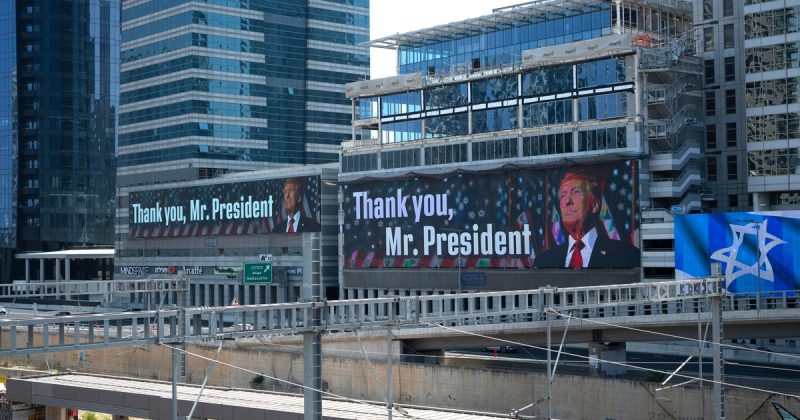
The US launched precision strikes on Iranian nuclear facilities early Sunday morning, a move that has sent shockwaves across the globe and dramatically escalated the already volatile situation in the Middle East. President Trump, who had previously stated he would decide within two weeks whether to intervene in the ongoing Israeli-Iranian conflict, opted for swift action, authorizing the attacks on key nuclear sites in Fordo, Natanz, and Esfahan. While the extent of the damage remains unclear, President Trump hailed the strikes as a ‘massive military success’.
This bold move immediately drew strong reactions. Iran vowed retaliation, prompting President Trump to issue a stern warning against targeting any US assets. The potential for a wider regional conflict is undeniable, with roughly 40,000 US troops deployed in the Middle East within range of Iranian missiles. However, Israel’s prior attacks have significantly depleted Iran’s missile stockpile.
Israel, unsurprisingly, lauded the US intervention. Prime Minister Benjamin Netanyahu praised President Trump’s ‘strength’, while President Isaac Herzog hailed the strikes as a triumph of liberty and security. This stands in stark contrast to the condemnation from Iran. Foreign Minister Abbas Araghchi accused the US of violating the UN Charter and sabotaging diplomatic efforts, foreshadowing potential ‘regrettable responses’ from the Iranian Revolutionary Guard Corps (IRGC). The IRGC itself warned that the US had increased its own vulnerability in the region and promised fierce retaliation.
International reactions have been mixed but largely cautionary. The Kremlin condemned the strikes as irresponsible and a violation of international law, while UN Secretary-General Antonio Guterres expressed grave alarm and called for immediate de-escalation. He stressed that diplomacy, not military action, is the only path forward. China questioned whether the US was repeating the mistakes of its Iraq intervention, urging a diplomatic approach. The UK and EU echoed the calls for de-escalation and a return to negotiations, with the EU’s foreign ministers set to meet to discuss the situation.
Adding further fuel to the fire, Iran’s allies, Hamas and the Houthis, condemned the US strikes and pledged their support for Iranian retaliation. Lebanon’s Prime Minister urged his country to remain neutral, while Australia and New Zealand joined the chorus of voices calling for dialogue and diplomacy. The situation remains extremely tense, with the potential for significant escalation and devastating consequences for the region and the world. The coming days will be critical in determining whether diplomacy can prevail or whether the region will descend further into conflict.










